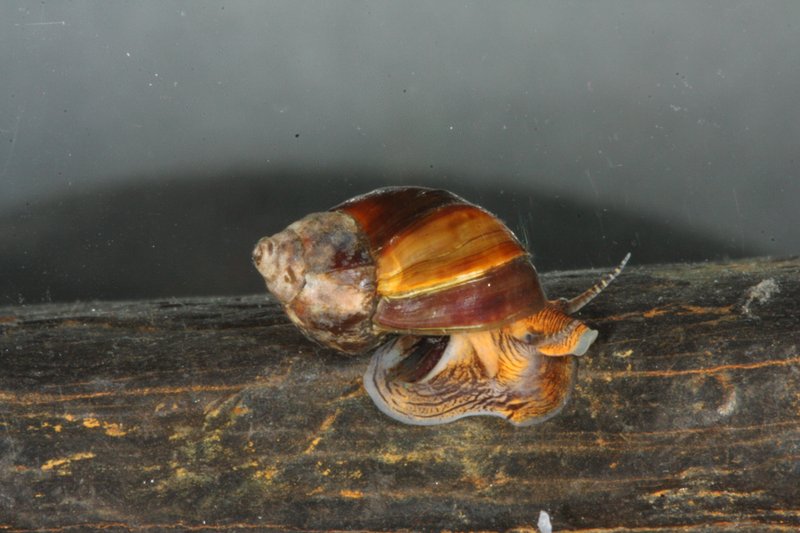For Immediate Release, March 11, 2024
|
Contact: |
Trisha Sharma, (507) 990-2617, [email protected] |
Lawsuit Seeks Protection for Imperiled Arkansas Mudalia Snails
WASHINGTON— The Center for Biological Diversity sued the U.S. Fish and Wildlife Service today seeking Endangered Species Act protections for the Arkansas mudalia. The Arkansas mudalia is a critically imperiled freshwater snail found only in a few sites in Arkansas and Missouri, including along the North Fork River.
The snails’ range has shrunk by 90% because of the loss and degradation of the streamside habitat they need to survive. Despite scientific evidence painting a clear picture of dwindling populations and habitat loss, the Trump administration denied protection for the species in 2019.
“Arkansas mudalia are in dire need of Endangered Species Act protection to make sure we don’t lose them forever,” said Trisha Sharma, a legal fellow at the Center. “The Service ignored the science when it refused to protect these imperiled snails. It’s time to give these rare mollusks a chance to recover, along with the rivers and streams where they live.”
The Arkansas mudalia is threatened by habitat loss from grazing, logging, mining, and dam construction and operation. Climate change is also expected to exacerbate these threats, further limiting their remaining suitable habitat. Several isolated populations have a low number of individuals, which creates a risk of genetic problems and population loss.
Freshwater gastropods like these snails are some of the most imperiled species in North America. They’re highly susceptible to habitat loss given their sensitivity to environmental disruption and narrow habitat requirements. They also play an essential role in maintaining nutrient balances in their ecosystems.
“These little snails deserve federal protections to give them and the rivers they call home the safeguards they need for a healthy future,” said Sharma. “The wellbeing of freshwater animals like the Arkansas mudalia reflects the health of our rivers and streams. Protecting them helps everyone who relies on fresh water.”

The Center for Biological Diversity is a national, nonprofit conservation organization with more than 1.7 million members and online activists dedicated to the protection of endangered species and wild places.

